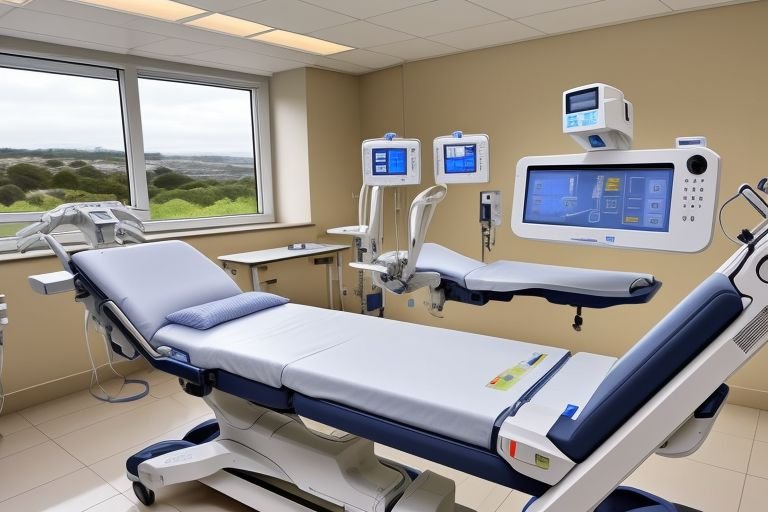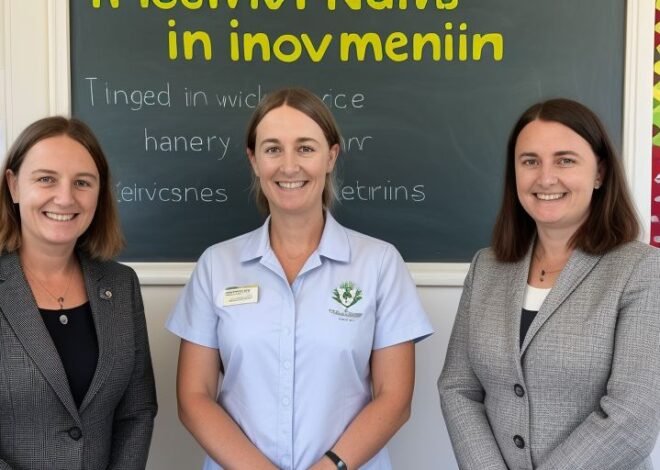
Pretoria Hospital Introduces Revolutionary Robotic Surgery System
Steve Biko Academic Hospital popularly known as Pretoria has become the first hospital in South African to purchase a modern technology equipment in the surgical practise commonly known as the robotic surgery system. The da Vinci Xi Surgical System which we installed this week is on another level of how specific surgeries can be done as it has many advantages for patients and surgeons alike.
Da Vinci system enables the surgeon to perform extensive operations through small openings by the aid of robotic instruments which are operated from a remote manipulational hand. The technology promise better depth perception, more accuracy, and finer motions than those of traditional laparoscopy.
“This robotic system represents a quantum leap in our surgical capabilities,” said Dr. Mathabo Mathebula, CEO of Steve Biko Academic Hospital. “It will enable us to offer cutting-edge, minimally invasive surgeries to patients who previously may have required more extensive open procedures.”
The purchase of this system is an effort is in line with the Gauteng Department of Health’s strategy to upgrade surgical solutions in the region. This study was pilot conducted in Steve Biko Academic Hospital because it is an academic health institution with increased numbers of complicated cases.
“Our goal is to ensure that patients in the public healthcare system have access to the same advanced technologies available in private hospitals,” said Dr. Nomathemba Mokgethi, Gauteng MEC for Health. “This robotic system will significantly enhance the quality of care we can provide, particularly for procedures in urology, gynecology, and general surgery.”
It will be most helpful in radical prostatectomy, hysterectomy and some colorectal procedures, the company pointed out. He says that all these can now be undertaken invisely hence reducing pain, blood loss, and time taken to discharge from hospital by patients.
“For prostate cancer patients, for example, the precision of the robotic system can help preserve nerve function and continence, leading to better quality of life outcomes,” explained Dr. Shingai Mutambirwa, Head of Urology at Steve Biko Academic Hospital.
It has built a team of surgeons and nurses together with technicians who have been trained specifically to use the new system. At first, the robot will only be employed in a few surgeries until the team gains more experience in its application; integration of the robot in increasing numbers of specialties is intended in the future.
With all the advantages of robotic surgery being evident, the issue of high costs in purchasing the technology creates a dilemma in a cash-strapped and developing public health environment. At Steve Biko Academic Hospital, the da Vinci system was valued at roughly R80 million, together with other future costs of consumables and maintenance.
Committee of Supply, this was as defended by Dr. Mokgethi who claimed that input costs could well be gains in the long run. “By reducing complications and shortening hospital stays, this technology can actually lead to significant cost savings over time,” she said. “Moreover, it’s an investment in the skills of our surgeons and the future of our healthcare system.”
The change of practice by adopting robotic surgery at the Steve Biko Academic Hospital will also result in positive implications for the field of medical education and research. Surgical trainees will now be able to increase their experience with this equipment in preparation for the future of the trade.
“This puts our institution at the forefront of surgical training in Africa,” said Professor Tiaan de Jager, Dean of the Faculty of Health Sciences at the University of Pretoria. “It will help us attract and retain top surgical talent and contribute to cutting-edge research in minimally invasive techniques.”
Robotic surgery has been embraced by many patient advocacy groups as it has entered the public healthcare domain. “This technology has the potential to improve outcomes and quality of life for many patients significantly,” said Saul Kornik, CEO of Africa Health Placements. “It’s encouraging to see such advanced care becoming available to those who can’t afford private healthcare.”
In the future, health officials address the possibility of applying robotic surgery to other big hospitals in Gauteng and the entire South Africa. But they qualify this by saying this is going to be a process that may take some time given that it is anchored on funding, training, and rollout of infrastructure.
“The Steve Biko Academic Hospital program will serve as a valuable pilot, allowing us to assess the impact and feasibility of robotic surgery in our setting,” said Dr. Mokgethi. “Based on these results, we’ll develop a strategy for broader implementation.”
Given that the first surgeries using the da Vinci system are about to be performed at Steve Biko Academic Hospital, the efficiency of the instrument is expected to be anticipated equally by doctors and patients. While challenges remain in terms of cost and access, the introduction of robotic surgery in South Africa’s public health sector marks a significant step forward in the country’s medical capabilities.
This development not only opens the way for patients to contribute to better futures in terms of their surgeries but also places South Africa on a level amongst such nations in terms of medical technologies in Africa. This system will be closely observed by health systems in Africa and other parts of the world to gain ideas that may be incorporated into the future strategic development of robotic surgery in resource-scarce environments.


